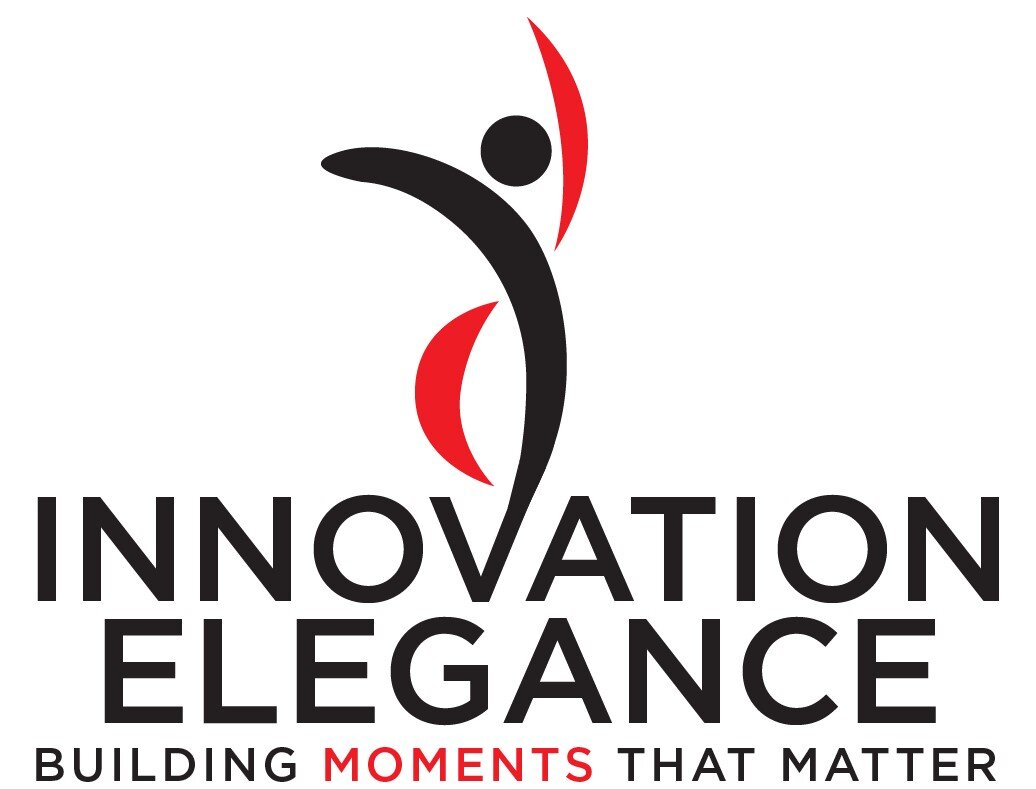What Can Business Learn From Parenting
“Pardon the mess. My children are making memories.”
Just like a conventional performing art, the business world has a lot to learn, benefit, and profit from the language, habits, and culture of parenting.
Parenting is not a conventional performing art, but there is a lot of acting out, awkward rehearsal of some things, and better behavior in public than in private. Parenting requires leadership skills and teamwork skills. Your parenting skills are incredibly valuable to the innovation factory within your business.
The earliest phase of your parenthood journey requires unique vigilance. Privacy, autonomy, and boundaries are low. Delegation is non-existent. Parenting is being Leader as Host.
The next phase of parenting includes setting rules, expectations, and boundaries. Parents are often heavy-handed, exhibiting bang-the-table leadership. A parent is a Leader as Teacher. A child’s trust in the world and fear of the world heavily influence the speed of their development. Physical and psychological safety are a big deal.
When children are ready, parents exercise set-the-table leadership and present options to children in the form of activities: sports, art, music, and community. The decisions give the child the opportunity to show up, be a beginner, contribute, and learn. The child’s autonomy skyrockets. They love to do things themselves.
Teenage years bring the first big cases of failure and rejection - academically, socially, and in a school activity. The teen learns resilience, the sense of teamwork, and the sense of competition. They form their sense of self-worth, self-esteem, humility, and belonging. They experience favoritism, inclusivity, exclusivity, cliques, and bullying. Parents’ delegation is now quite high, and a teen experiences accountability in the consequences of their decisions. Parents monitor these choices and calibrate their vigilance and tolerance. A child’s habits - what they personally “automate” - make the teenage years easy or difficult.
A teen reaches the age to drive - a big step in autonomy. The teen’s honesty, integrity, and discipline have bigger rewards and bigger penalties. Parents, teachers, and mentors try to bring out the best in these young adults.
A person’s early twenties are the years to achieve self-sufficiency. A parent purposely creates a leadership void, and young adults feel empowered to behave with more authenticity. Decisions and consequences now impact others. A twenty-something is now very familiar with establishing, breaking, and restoring trust. Relationships get messy. Young adults form their confrontation style and their propensity to forgive.
One of the last decisions for a young adult is establishing their "Circle of Empathy.” The Circle of Empathy defines who, what, and why they care about certain things, events, and conditions. A Circle of Empathy defines where a young adult is aggressive and ruthless, and where they extend compassion and grace. Empathy drives where, why, and how to collaborate, cooperate, and compete.
Parenting generates Moments That Matter such as first steps, birthday parties, graduations, marriages, and promotions. Even skilled parents know the journey is awkward and messy. Parents who want entitled kids prepare the path for their children, resulting in rigid, fragile, perfectionistic people. Realistic parents prepare their children for the path, resulting in robust, resilient people.
“It’s easier to build strong children then to repair broken men.”
As hard as parents try, countless things are outside their influence and control. There is no such thing as perfection, and many parents agonize whether they are even “good enough.” Parents can get lost in the endless hard work and forget to enjoy the journey. Parents are the ultimate service-based leaders.
Parents aim to be someone that others love to follow and aim to build a culture that fills others with gratitude. Skilled in this combination of governance, empathy, and grace, Change Leaders aim to achieve the same experience in their ensemble family.
Parenting isn’t a conventional performing art, but it contains a long list of skills, language, and culture that your healthy innovation team needs. Discipline, resilience, empathy, and grace are just a start.




